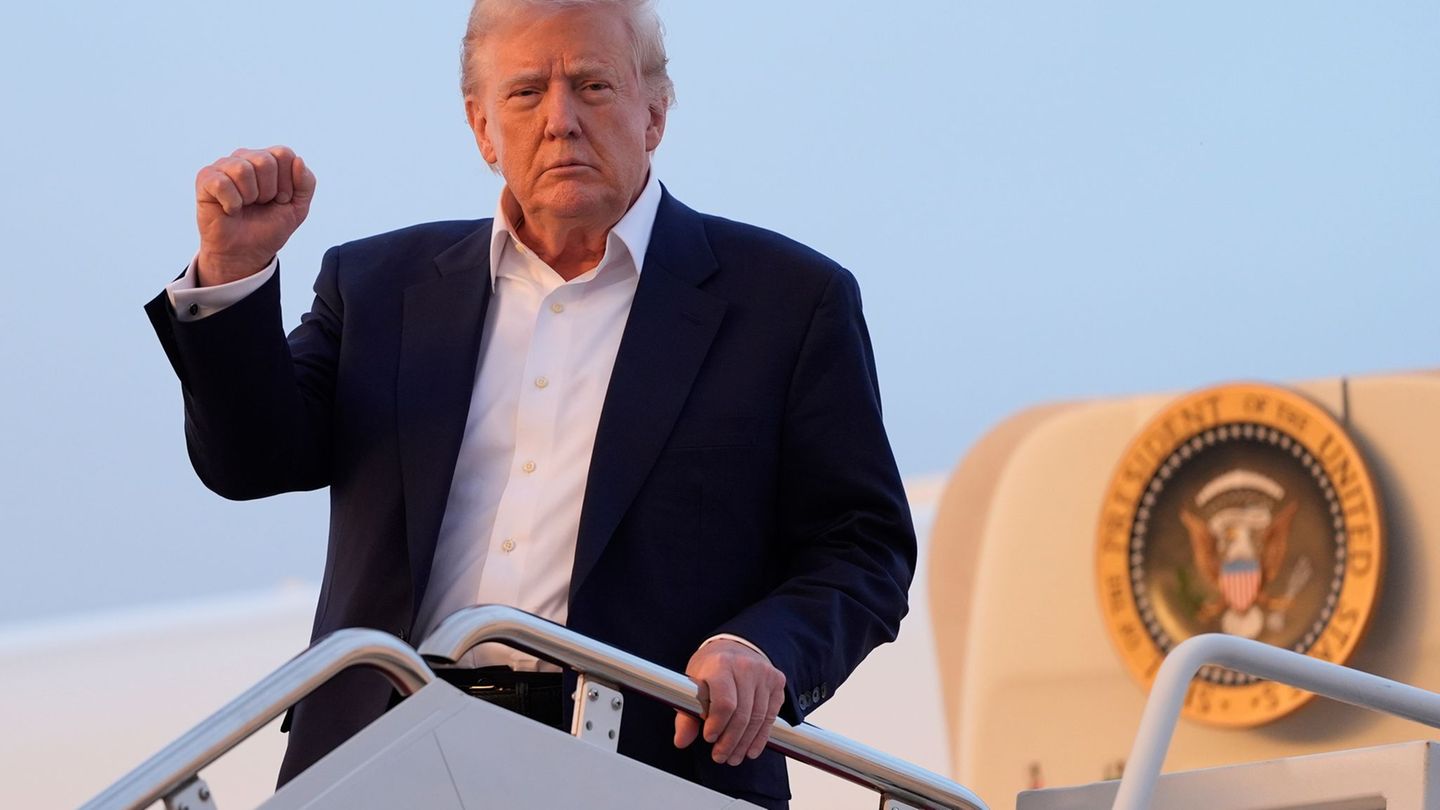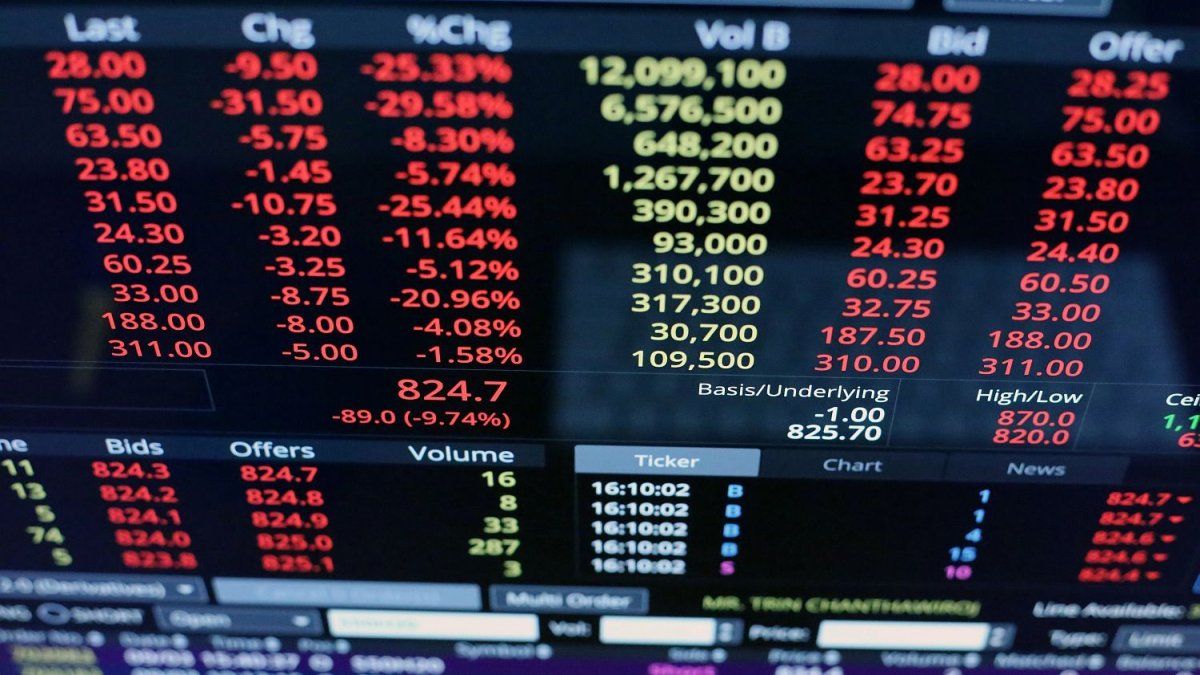Hollywood shock
Trump announces high tariffs to films produced abroad
Copy the current link
Add to the memorial list
Donald Trump sees the solution for many problems in tariffs. Now he also wants to help Hollywood. The catch: The US film industry likes to turn abroad.
Donald Trump shakes Hollywood: the US President wants to take high tariffs produced abroad. This could also hit the business model of the US studios, as they themselves turn a lot abroad to reduce the costs.
The film industry in America is dying, Trump claimed. According to him, the reason is that other countries attracted filmmakers and studios with various incentives from the USA. Trump’s solution: A custom of 100 percent on films “which come to our country and were produced abroad”.
There were no details. It is unclear how such tariffs should work at all, since films are not imported like goods with a fixed price and are often cross -border productions. Among other things, the US government would have to find a way to evaluate films – and to determine when they are considered an import. Minister of Commerce Howard Lutnick immediately announced that he was on the subject.
Meanwhile, Hollywood managers tried to understand what the announcement for their business could mean on Sunday evening, wrote the “Wall Street Journal”. In particular, expensive blockbusters like to shoot in Canada, Great Britain, Hungary, Australia – or in the Babelsberg studio near Berlin. TV series are also often made there. And Netflix’s model basically belongs to produce all over the world.
Disney’s Marvel Studios, for example, started filming for the next “Avengers” film in London. From “Furiosa: A Mad Max Saga” to “Planet the monkey: New Kingdom” to “The Fall Guy” with Ryan Gosling and Emily Blunt, many films were made in Australia. The Gold Coast became Memphis in Tennessee for the “Elvis” film.
Another problem: the tariffs could trigger retaliation measures by other countries. But the foreign markets have become increasingly important for Hollywood in recent years and bring most of the money.
“Threat of national security”
So how did Trump’s advance come? In January he had appointed the actor Jon Voight, Mel Gibson and Sylvester Stallone to his “ambassadors” in Hollywood. Voight visited Trump in Florida at the weekend. His manager Steven Paul previously told the Bloomberg financial service that the two wanted to propose to the president of promoting filming in the United States with tax benefits. From the point of view of Trump, however, tariffs are a better solution than subsidies in completely different industries such as the chip industry.
“Hollywood and many other areas in the USA are being destroyed,” Trump wrote on his online platform Truth Social. “This is a concerted action by other nations and therefore a threat to national security.”
In Australia, the announcement triggered great concern. Minister of Culture Tony Burke assured that he would work for the rights of the Australian film industry. Especially when filming in the USA because of the Corona pandemic, “Aussiewood” was willing to offer itself as an alternative. Since then, the government has attracted foreign productions with high financial incentives. The country also offers a combination of state-of-the-art studio facilities, visual effective studios and locations with which almost every place in the world can be imitated.
dpa
Source: Stern
I am an author and journalist who has worked in the entertainment industry for over a decade. I currently work as a news editor at a major news website, and my focus is on covering the latest trends in entertainment. I also write occasional pieces for other outlets, and have authored two books about the entertainment industry.




